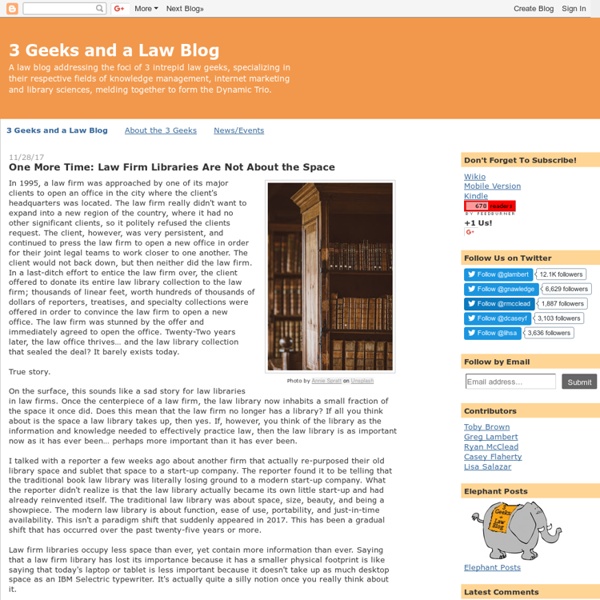



Cultivating lawmaker friendships can lead to more compromise across the aisle Former California Assemblyman Bill Bagley (R-AD07 Marin/Sonoma, 1960-1974) - known as a moderate - has watched with the rest of Californians as interactions between state lawmakers have become more hyper-partisan and gridlocked. The top-two primary and redistricting should help ease the gridlock and hyper-partisanship. But, Bagley also hopes to see a more congenial atmosphere developed through simple social interaction and remembers the days when lawmakers from all political stripes could call each other friend. The Legislature has lost its ability to lead and thus work together and compromise. Then in 1990 – the nail in the collegial coffin – term limits. There are changes finally taking place: less rigid reapportionment and less ideologue-driven primaries, now open to all voters. No amount of superficial rule changes can alone inculcate a bi-partisan culture of trust. Bill Bagley is a former Republican California Assemblyman from the North Bay Area. Categories: Governance Reform
22 Tweets Real Lawyers Have Blogs : Law Blogs, Social Media, Twitter 2011 – The year that law firm websites become “publishing platforms” In my last post, I predicted that we’re heading towards a major shift in the way that law firms think about their websites. Here’s what it boils down to: Old thinking: Law firm websites = online brochureNew thinking: Law firm websites = publishing platform for attorney-generated content Why a publishing platform? Why now? The Challenge The growth of “content marketing” beckons some interesting questions, such as: Where do we put all of this content? Right now, it’s not uncommon for a firm’s attorney-generated content to be scattered far and wide. Journal articles exist only in print (and end up in the attorney’s desk drawer)Blogs reside on a server that is not connected with the firm’s websiteVideo interviews are on a DVD (also in a desk drawer)Case studies live in past proposalsTwitter messages live on Twitter.comRelevant photos are on FlickrLots of other content is isolated on the firm’s local fileserver The Solution: A Publishing Platform What’s a publishing platform?
TechnoLawyer Blog Legal Marketing Tips And Strategies | Legal Practice Pro Apology of Socrates A. These notes summarize the interpretation of parts of the Apology that I worked through with you in class. You should know that this interpretation is controversial. Many readers of the Apology would agree with it in whole or part. But many others would disagree. 1. a) What is irony? (1) When we speak or write ironically what we mean to convey to audience is different from what we literally say. b) The central dispute about this text is whether Socrates speaks ironically to the judges. (1) Did Socrates truly think himself innocent or guilty of the charges? (2) Did Socrates truly believe in the gods? c) To establish that Socrates speaks ironically only makes sense if we address not just what tells us, but why he speaks ironically. d) I shall try to address both what he says and why he says it in an ironic manner in these notes. B. C. A. B. C. A. 1. B. 1. (1) Perhaps, also, he says that he will not use the common legal phraseology. b) Yet (1) He speech is clearly orderly and even beautiful.
The Client Revolution What About Paris?